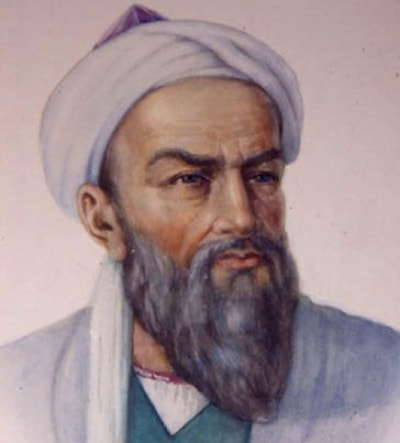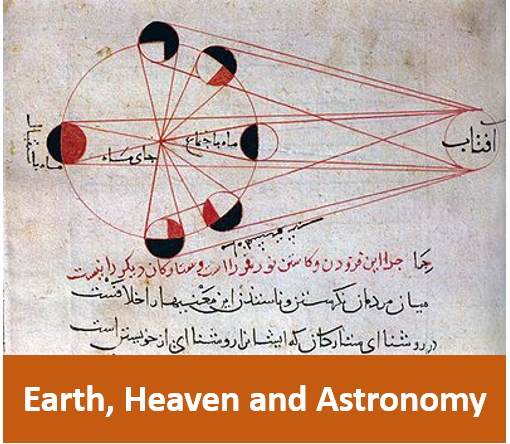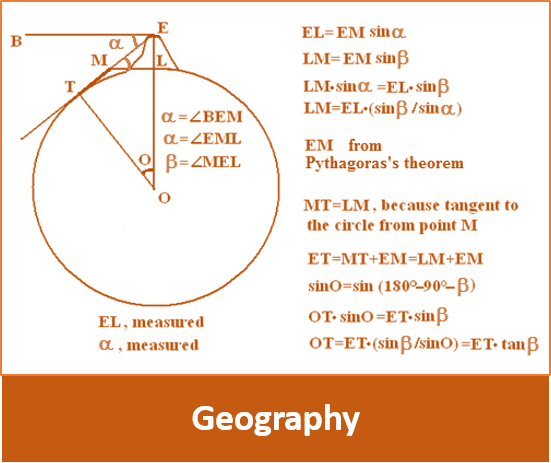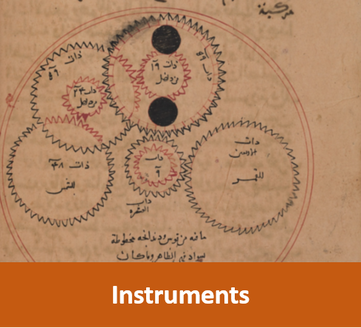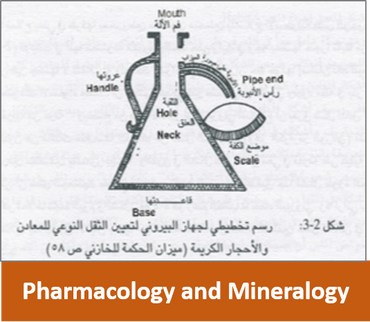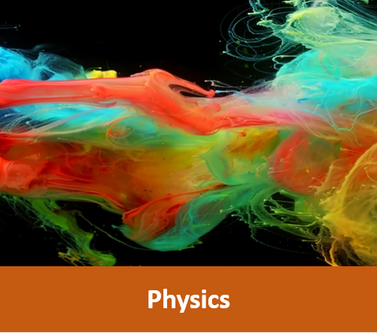|
Interesting fact(s): A lunar crater which lies on the far side of the Moon, and asteroid 9936, a carbonaceous asteroid from the outer region of the asteroid belt, have been named in Biruni's honor. |
Name: Abu Rayhan Biruni
Born: September 973 in Khwarezm (modern-day Uzbekistan) Died: December 1048 (aged 75) in Ghazni (modern-day Afghanistan) Short Bio: Abu Rayhan Biruni (973-1048 AD) is considered one of the greatest scientists in history. He was born in Khwarazm in 973 during the rule of the Iranian Samanid dynasty. He spent a large part of his life in Ghazni in modern-day Afghanistan. He was conversant in Khwarezmian, Farsi, Arabic, Sanskrit, Greek, Hebrew and Syriac. It is reported that he started doing astronomical observations as early as 18 years old. Contributions: Biruni's contribution to science was immense. His contribution ranged from his major astronomical work where he disproved Ptolemy's immobile solar apogee, and the introduction of the experimental scientific method in mechanics and hydrodynamics, to determining the radius of the earth, and specific gravity of certain metals. He also made contributions to Earth sciences and is regarded as the “father of geodesy.” School of Philosophy: He was a philosopher-scientist, but in him "science prevailed over philosophy" and he appears not to have identified himself with any school of philosophy. |
